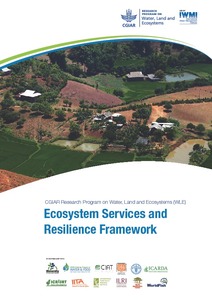Pro-business or Pro-Poor? Making Sense of the Recently Unveiled Draft National Land Use Policy
On 18 October 2014 the Myanmar government released a much-awaited draft national land use policy. Land and how it is governed is of fundamental importance for Myanmar society. The current laws mainly benefit private companies and not small-holder farmers in the country, who represent more then 75% of the population. The current laws also do not respect traditional and customary practices of the country's ethnic minority groups. This new TNI briefing examines the draft national land policy and assesses whether it is pro-business or pro-poor.





